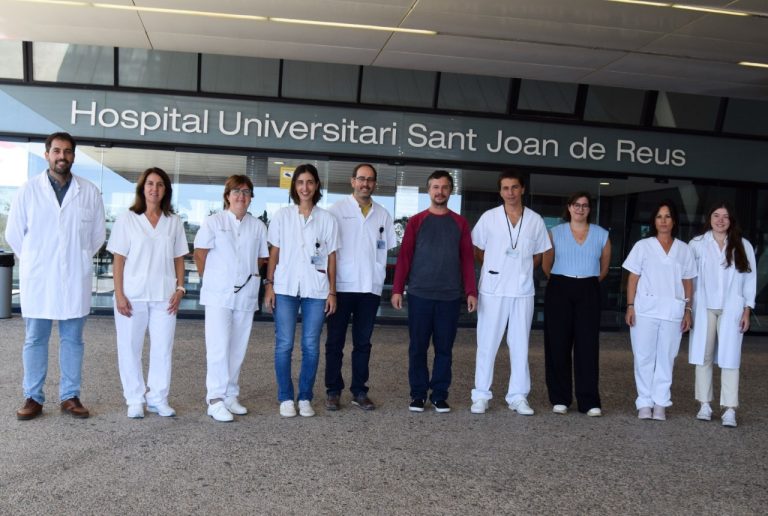Eating healthy promotes the mental health of adolescents and boosts their neuropsychological skills
- This is a finding of the Clinical and Epidemiological Neuroscience Research Group (NeuroEpia) of the IISPV
- It corroborates research along the same lines: it could be used in the future to draw up dietary recommendations that health staff could give to young people to help them better manage their emotions and control impulsivity
Eating healthy and avoiding ultra-processed and high-calorie products (pizzas, chips, etc.) promotes the mental health of adolescents and enhances their neuropsychological skills, such as the ability to relate harmoniously with other people or the management of emotions. This is the result of a study led by the Pere Virgili Health Research Institute (IISPV) together with the Barcelona Institute for Global Health (ISGlobal: center promoted by “la Caixa” Foundation), which confirms findings along the same lines that have been carried out previously and which highlight the importance of food in health and emotional well-being.
Specifically, this research, carried out by the Clinical and Epidemiological Neuroscience Research Group (NeuroEpia) of the IISPV, has found that following a healthy diet and avoiding ultra-caloric and ultra-processed foods favours the following relational and neuropsychological capacities: social and personal skills to be able to interact and communicate in a healthy way with others and the management and identification of one’s own emotions.

In order to carry out this research, the NeuroEpia Research Group studied the eating patterns of more than 600 adolescents (the average age was 14) in the Barcelona area. In addition to reaching the previous conclusions, the study also found that “a healthy diet, rich in hazelnuts, walnuts and almonds, favours self-control and, in the case of adolescents, helps to keep impulsivity at bay”, explains Nicolás Ayala, one of the researchers from the NeuroEpia group who made this research possible. For his part, Jordi Júlvez, the other researcher of the study, declares: “A diet that is not healthy means that our body does not have the necessary nutrients for proper cognitive functioning. Teenagers who regularly eat nuts (for example) are supplying the body with fatty acids, which play an essential role for this good cognitive functioning.”
Scientific work such as this is very necessary nowadays, as the management of emotions and mental health has become a major issue, especially for adolescents and their families and carers. Data from recent years paint a shocking picture: suicides among children under 15 increased by 57% in 2021 (data form the Spanish National Institute of Statistics); one in four people will suffer a mental health problem in their lifetime and in 75% of cases the first symptoms will begin to manifest before the age of 18 (WHO); and depressions and anxiety diagnoses have increased by 75% among the adolescent population.
If research along these lines continues and the results are put into practice (through the development of dietary guidelines so that health staff can recommend them to adolescent patients), the appearance of so many cases of this type of disorder among young people could be avoided and, therefore, prevented.
The researcher Nicolás Ayala points out as an important fact in relation to this study: ‘We have used artificial intelligence as an innovative tool to identify dietary patterns among adolescents, which has allowed us to obtain more rigorous and accurate data’.
Bibliographic reference: Ayala-Aldana, N., Pinar-Martí, A., Ruiz-Rivera, M. et al. Original article: adolescent dietary patterns derived using principal component analysis and neuropsychological functions: a cross-sectional analysis of Walnuts Smart Snack cohort. Eur Child Adolesc Psychiatry (2024).
https://doi.org/10.1007/s00787-024-02577-6 : Eating healthy promotes the mental health of adolescents and boosts their neuropsychological skills



